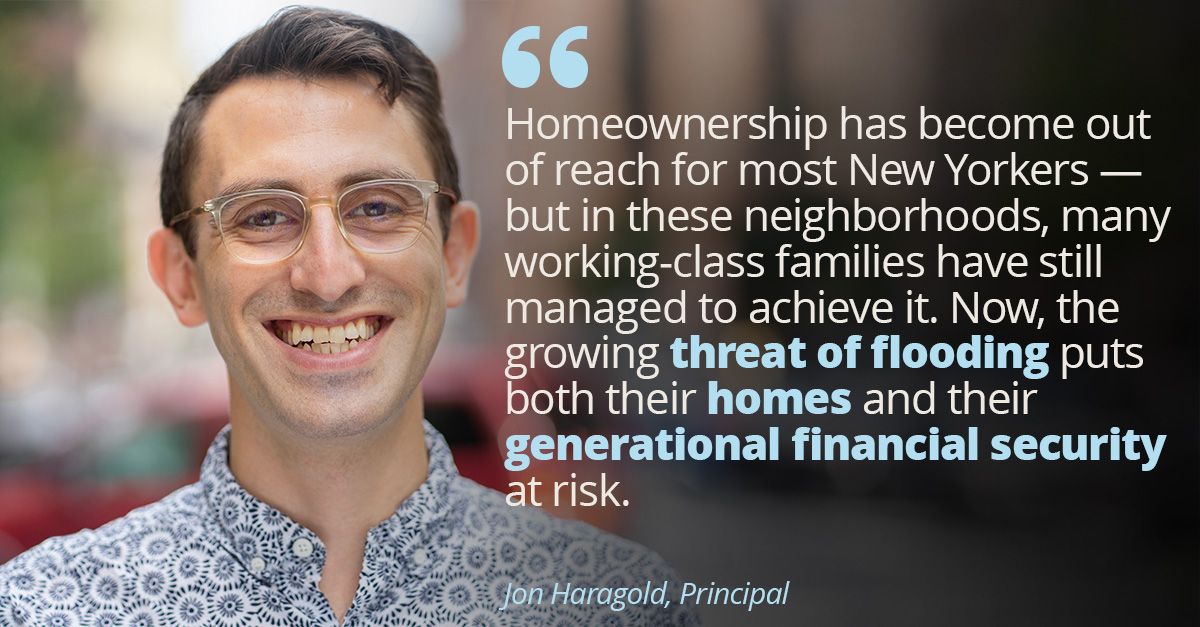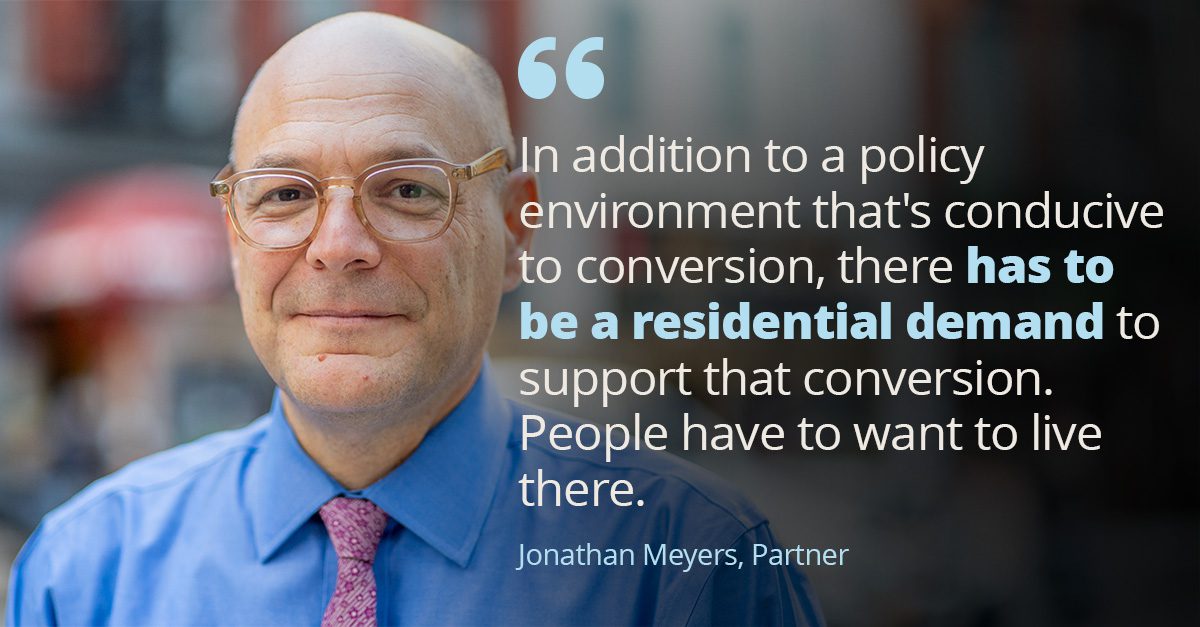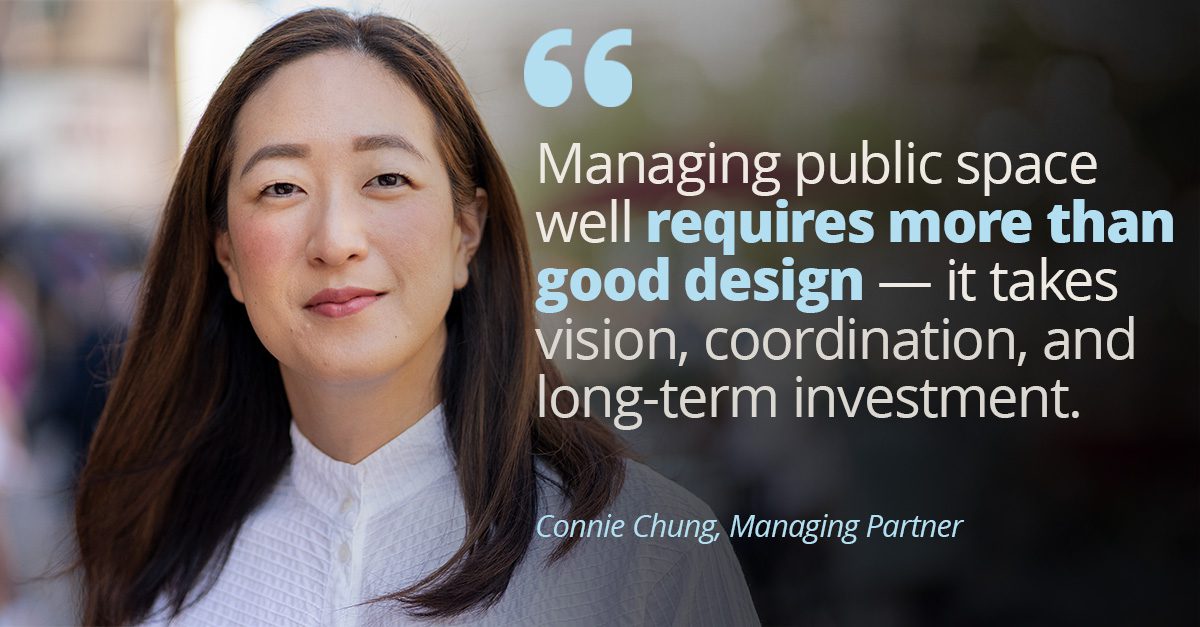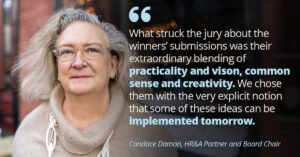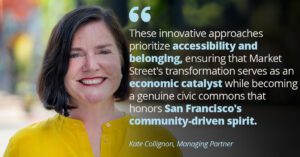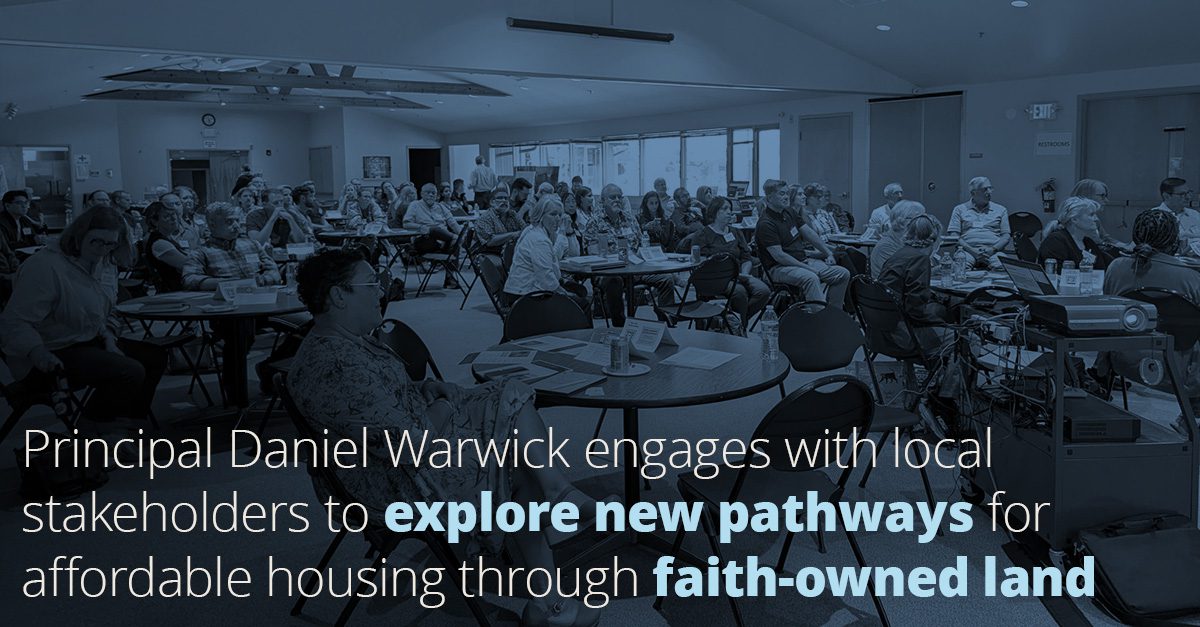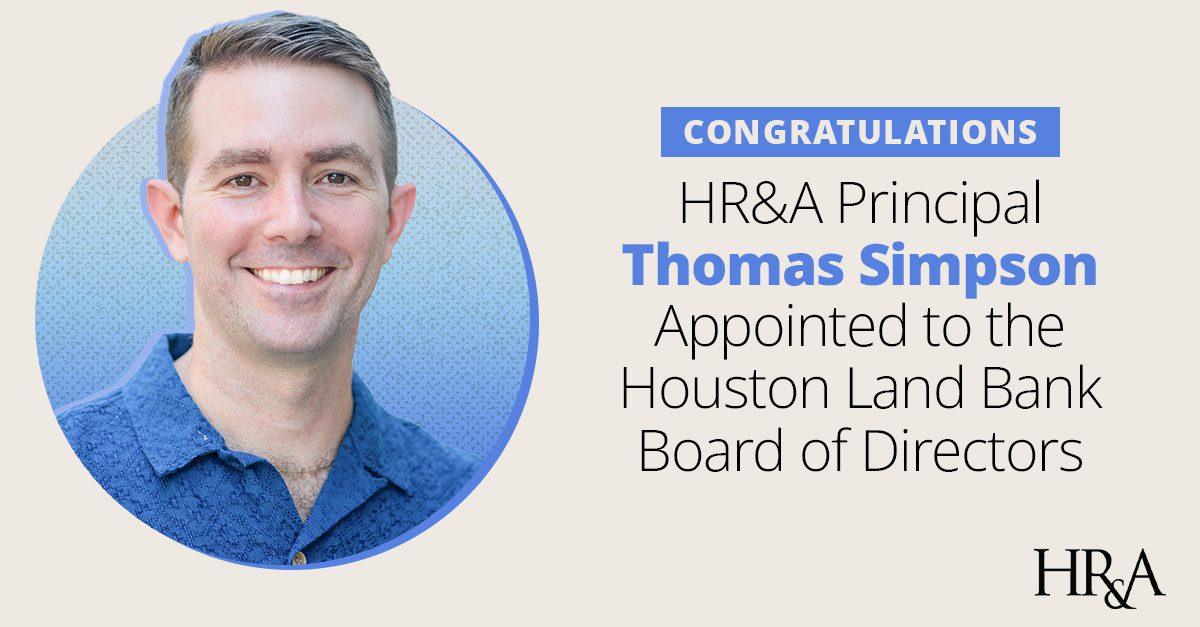This press release was originally issued by Residential Retrofits for Energy Equity.
The Residential Retrofits for Energy Equity (R2E2) initiative is announcing new partnerships with four communities to bring transformative energy efficiency upgrades to affordable housing in historically underserved communities. The partnerships will support local and community leaders in designing and scaling energy programs that reduce utility bills, cut emissions, improve residents’ health, and create local jobs.
The work will lead to upgrades like heat pump installations, insulation, and ventilation improvements. The partners will identify funding sources, engage residents in program design, and support workforce development efforts. The four cities reflect a range of geographies, populations, and housing needs. The partnerships mark the next phase of R2E2’s work, building on three years of support for municipalities and community-based organizations.
“Energy efficiency upgrades in affordable housing make homes healthier, more comfortable, and more affordable for families that are too often left behind,” said Stephanie Sosa-Kalter, deputy director of R2E2 at the American Council for an Energy-Efficient Economy (ACEEE). “What we’re building with these cities can inspire and inform similar work across the country, showing how local leadership and community partnerships can drive lasting impact.”
R2E2 is partnering with the City of Miami, Miami-Dade County, and the nonprofit Miami Homes For All to support program design strategies that accelerate energy and resilience upgrades in multifamily rental and condo buildings. Technical assistance will focus on aligning financing options, improving owner participation, expanding contractor capacity, and exploring policies to help scale equitable retrofit solutions across privately owned and publicly supported housing.
“The City of Miami looks forward to partnering to identify opportunities where energy and resilience upgrades in multifamily housing can lower utility bills, reduce emissions, and prevent displacement to increase housing affordability across the city,” said Sonia Brubaker, Miami’s chief resilience officer.
In the nation’s capital, R2E2 is working alongside DC’s Department of Energy and Environment and the DC Housing Authority to promote the benefits of energy efficiency improvements to public housing residents across the District. R2E2 will work with the agencies to identify various funding and financing opportunities for investment in energy efficiencies, and strengthen community engagement around comprehensive energy upgrades. Washington Interfaith Network is also participating in the project to support the engagement of public housing residents
“Partnering with R2E2 means our neighbors can help shape solutions that work best for them, meaning upgrades that lower costs, improve health, and create good local jobs, all while building a cleaner, more equitable future for the District,” said Pastor Andre Greene, strategy team member with the Washington Interfaith Network.
In Hillsboro, Oregon, a city of 111,000 outside Portland, R2E2 is teaming up with city staff and the nonprofit Community Energy Project to design a replicable energy efficiency program for low-income households. The collaboration focuses on connecting existing funding to high-need homes, addressing staffing and delivery gaps, strengthening contractor and community partnerships, and building a streamlined model that other suburban cities in the region can adopt.
“Hillsboro is honored to collaborate and partner with R2E2 and Community Energy Project to improve climate resilience and reduce the energy burdens of priority populations in our community and to develop a program that will serve as a model for other cities like ours,” said Hillsboro city manager Robby Hammond.
In Burnsville, Minnesota, R2E2 is partnering with city staff and the nonprofit Clean Energy Resource Teams to support energy upgrades in manufactured homes. The Twin Cities suburb of about 65,000 people is seeking to identify funding opportunities, assess retrofit feasibility, strengthen contractor capacity, and engage residents through trusted community partnerships. This work supports Burnsville’s sustainability goals while addressing energy burdens and housing quality in one of the region’s most overlooked housing types.
“The City of Burnsville is pleased to collaborate with R2E2 to receive technical assistance and expertise in collaboration with our longstanding partner, the Clean Energy Resource Teams,” said Bridget Rathsack, sustainability coordinator for Burnsville. “This support will enable us to identify energy efficiency opportunities across more than 700 manufactured housing units in the city to help identify ways to reduce energy burden and increase comfort in homes.”
R2E2 is a partnership of ACEEE, Elevate, Emerald Cities Collaborative, and HR&A Advisors.

